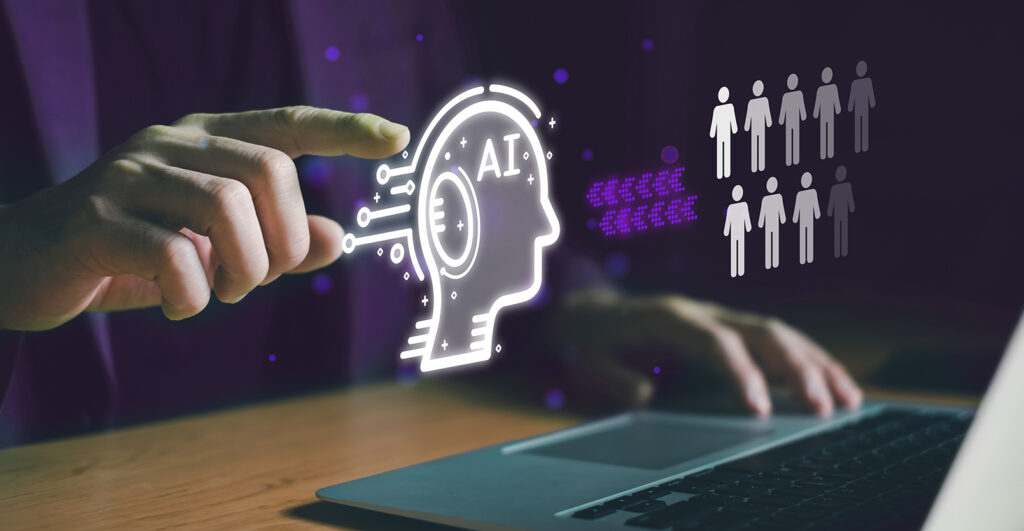Three Ways Artificial Intelligence (AI) is Transforming Performance Management

In recent years, Artificial Intelligence (AI) has been transforming all kinds of approaches in doing business. For instance, in making online payments, companies are utilising AI to lower the chances of individuals having their money stolen and to combat fraud. In marketing and customer engagement, AI provided the ability to segment behaviours and target specific audiences accurately, allowing many organisations to make smarter decisions, design more tailored strategies, and gain deeper understanding of client needs.
But what about when it comes to performance management? Has AI had a notable impact on it? Let’s explore some of the ways AI is now being used in performance management.
1. Streamlining administrative tasks

Performance management requires carrying out various administrative tasks such as monitoring metrics, managing employee records, reviewing performance data, and collating feedback. These tasks are usually time-consuming and commonly disrupt the progress of HR and managers, causing them to neglect more valuable activities.
With the help of AI, specifically with AI-driven performance management systems, it has the ability to handle numerous administrative tasks allowing managers and HR to dedicate their time to more strategic responsibilities. HR officers no longer need to collect data manually as AI can analyse performance metrics and feedback, providing managers with real-time insights into the present state of their business operations.
2. Facilitating goal setting and strategic decision making

Artificial intelligence excels at predictive analytics, helping organisations in analysing past performance and forecasting potential scenarios to help generate effective recommendations for goal setting and strategic decision making.
With this tool, it allows businesses to process large volumes of performance and consumer data quickly and accurately. At the same time, this tool is able to recognise patterns, trends, correlations, and other factors like performance review scores, goal achievement, and employee engagement levels that human analysts may overlook. By utilising this predictive ability, businesses can identify areas of improvement and implement effective strategies and goals that produce visible results.
3. Quantifying employee efforts

Augmenting performance management with artificial intelligence allows for monitoring employees’ performance on a company-wide and departmental level, while also tracking individual progress towards project goals and overall business goals. By assessing and comparing individual performance data against project milestones and financial targets, AI can paint a clear picture of how each employee’s efforts contribute to the progress and success of a company. These insights derived from data enable organisations to distribute resources efficiently, increase employee productivity, and enhance strategies to meet overall business goals.
Artificial intelligence is transforming performance management in profound ways, from automating administrative tasks to monitoring employees’ performance. Incorporating AI into performance management can help businesses move into a new era of transformational performance management by allowing their entire organisation to gather, analyse, and use vast amounts of data to improve operations and performance, enable informed decision-making, and foster employee growth.
Take the first step today in improving your performance management! SSA Innovations has the competence and expertise to provide you with tailored performance management solutions that can boost your company’s efficiency and productivity. Get in touch now!
Related Topics

The Value of Human Wisdom in AI-Driven Learning and Development
AI is leading the way in transforming education. However, it...

Digital vs. Customised Learning: What’s the Difference and Why it Matters
As organisations increasingly turn to online platforms to deliver learning...

e-Learning: How does AI Personalisation Work?
AI personalisation is changing the landscape of online learning. By...

FOBO: The Fear of Becoming Obsolete (Infographic)
Experiencing a sense of being left behind and finding it...

Discovering No-Code Development
Picture a scenario where you have a small clothing business...